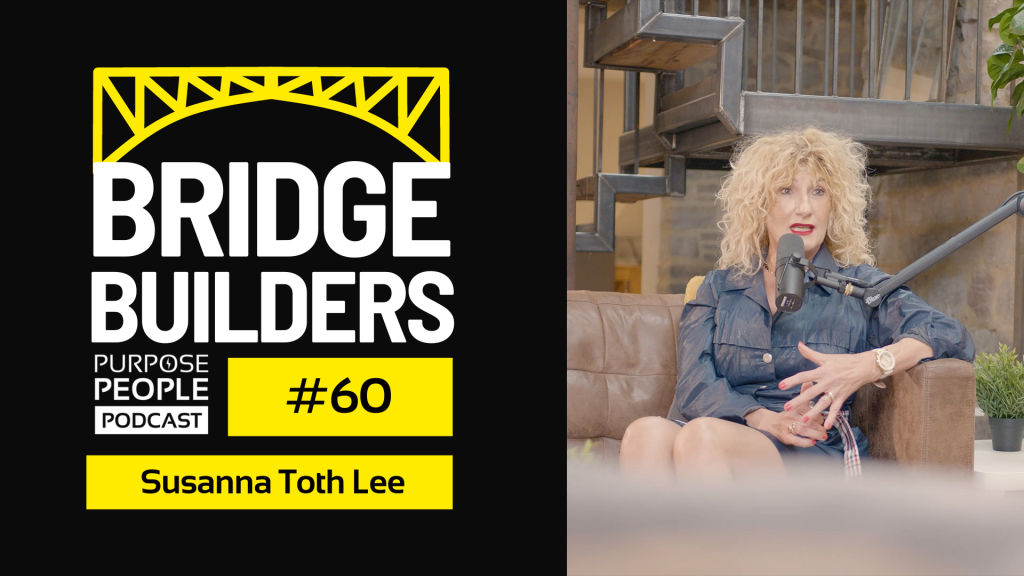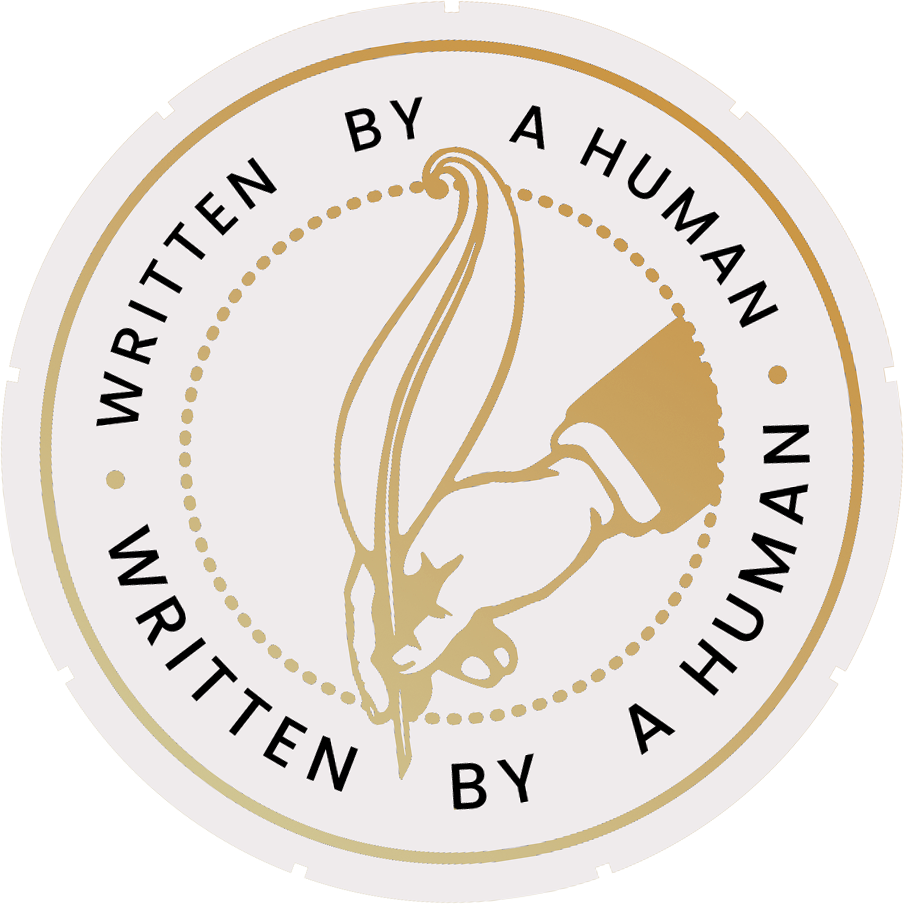A few weeks have passed since my trip to the USA and Mike from Moxie International was back in the UK for a whistle-stop tour.
While Mike was staying with us we made a brief trip across the country to visit the dreamy spires of Oxford. Thankfully, this time there were no punting adventures as the boating station was closed!
As the rain beat down on us, we explored the cobbled streets and I showed Mike my photography trick with an iPhone. (You turn the phone upside down with the lens to the ground and then shoot).
As we walked, we soaked in the wonders of Oxford and its rich history. I discovered that Oxford’s rapid development followed Henry II’s ban on English students attending the University of Paris following a quarrel with Thomas Becket, and how it was then established as THE place to get educated around theology, law, medicine and the liberal arts. There is evidence that the university itself was teaching as far back as 1096, thus making it the oldest university in the world.
Watch the latest episode of the Purpose People Podcast today via the image link below…

Walking around the city, taking clever iPhone shots with Mike, I noticed at the entrance gate on one of the walkways was a sword and a quote, “My Sword I give to him that shall succeed me in my pilgrimage”. This was a quote from The Pilgrim’s Progress written by John Bunyan in 1678.
I took a picture as it struck me that in life we all carry a sword. For some, it remains sharp and for others, it gets blunt over time. To succeed in life it pays to invest in keeping your sword sharp!
The sword for me represents knowledge, wisdom and insight.
In today’s world, we have information hitting us from every angle and algorithms which undermine freedom of thought. Algorithms create echo chambers and stop us from having access to all the information which keeps our point of view objective and our sword sharp. Technological advances can mean that we become less intelligent.
With all the noise and the glow of the tiny screen, we need to become much better at dealing with distractions and learning the power of discernment.
Distraction:
We have all been there. As I type this blog I think I have seen at least 40 notifications. Distraction dominates our phones and our conversations and it loses us time.
Masters in their field know how to focus. Studying at Oxford will require much focus away from the bars, sports field and shops. There has to be a focus on our pilgrimages if we are to move forward.
For myself, to focus and get “in the zone”, I head to a place where I don’t get asked too many questions! On the other hand, there are times when a pleasant distraction can unlock an idea for me! So distraction can work both negatively and positively!
How to overcome the negative distractions:
Go analogue.
Use paper and pen to focus on ideas. The quickest route between head and heart is pen and paper.
Go dark.
Tell people where you are going but go off the grid by switching off any mobiles or emails.
Go process.
Build in thinking time, book it. You don’t make time, you just need to take it!
Using distractions positively:
Stop everything.
Just stop. Do something else. Go for a walk, go shopping, get outside.
Stop allowing it.
Be clearer in your communication and say, “I am out of the office, working on something that needs to be prioritised.” Put some boundaries in.
Stop playing hero.
Leaders love being the hero. However, I think it’s better not to solve everyone’s challenges, rather ask them what they would do and thus build confidence in their decision-making.
Learning the art of handling distraction is a discipline in itself! Just remember, if you worked so hard to get into a role, it’s important to be focused enough to embrace its opportunities.
Discernment:
This is a word not often used or even much discussed. Yet in the age of information, it’s needed more than ever. People jump on social causes without studying the landscape and echo chambers are created.
Discernment is very much linked to the values we hold and the beliefs we have constructed. I respect that not everyone believes in the same things I do but I am open to understanding their perspective. I choose not to argue and fight but rather live out my values and convictions.
How to be more discerning:
Don’t pick a side:
Do your research and equip others with information to make their own choices. Then let them own them.
Don’t get dragged in:
Discernment is asking the question, is this worth my time and can I contribute significantly to make an impact?
Don’t believe everything:
Give yourself time. Time tells. Time reveals facts so before we champion a cause we need to do our research. (That might involve a library rather than AI or scrolling through social media) as even AI has bias.
Don’t be an island:
Talk with both sides. Gain empathy and perspective. Test the data. It’s important to gain understanding as we don’t want to repeat the mistakes of the past.
Wandering around Oxford got me thinking of all the bright minds who have chosen to study in these great halls. These days, not everyone has the access or opportunity to head to Oxford or even to university, but what we can do is be life-long learners.
As we build our businesses, we can do what it takes to use distraction positively and discern what’s really going on around us and, in doing so, become a voice rather than an echo.

